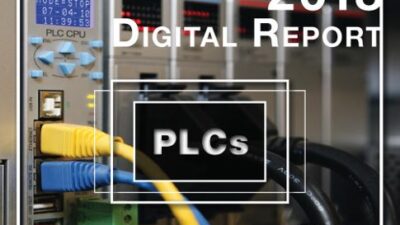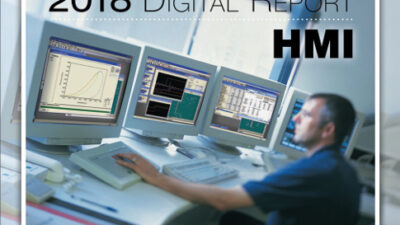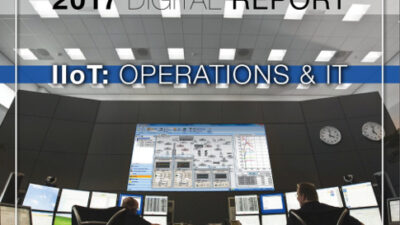LDRA enhanced its tool suite to comply with the released version of the MISRA C++:2008 standard. Although a standard directed by the automotive industry, MISRA has gained widespread acceptance.
Monks Ferry, Wirral, U.K. — LDRA , provider of automated software verification, and source code analysis and test tools, enhanced its tool suite to comply with the released version of the MISRA C++:2008 standard from the Motor Industry Software Reliability Association ( MISRA ). Although a standard directed by the automotive industry, MISRA has gained widespread acceptance in other vertical markets, such as rail, aerospace, military, and medical sectors.MISRA is said to represent a collaboration between automotive manufacturers, component suppliers and engineering consultancies which seeks to promote best practice and commonality in the development of safety-related automotive electronic and other embedded systems through the publication of standard guidelines. Since its launch, the company continues, the success of MISRA C as a “best practice” solution has seen its application spread throughout the worldwide automotive industry, and increasingly has been adopted for safety-related and safety-critical software development projects and applications in a wide variety of industries, LDRA says. With the success of the MISRA C standard, a MISRA C++ working group was established in 2005 to create similar guidelines for the C++ programming language. The MISRA C++:2008 subset is suitable for use in critical systems.C++ is now being used for automotive systems, according to LDRA, as well as in critical systems within other industrial sectors such as aerospace, medical and nuclear. While numerous guidelines existed for the use of C++, prior to the formation of this standard, there was no de-facto standard. Additionally, these did not include guidance for all areas of the C++ language and any errors associated with these that could remain undetected.The MISRA C++ subset has been produced using techniques similar to those used within MISRA C. The company says it draws together existing C++ guidelines from many, diverse sources, and significantly enhances the state-of-the-art. The guidelines have been written in a way that makes them accessible to the majority of programmers.LDRA technical evangelist Bill StClair commented, “LDRA has an established track record in the area of programming standards enforcement, as well as being a key contributor to the MISRA C++ standard. Through employees Dr. Mike Hennell, LDRA technical director and Chris Tapp, who served as MISRA C++ chairman, LDRA has played an active role on the committee. It’s no surprise that the LDRA tool suite provides the most comprehensive C++ coding standards enforcement available in the market today.”With the completion of MISRA C++:2008, LDRA says its comprehensive C++ coding standards have now been enhanced to support MISRA C++:2008. Notably, within the C++ arena, LDRA has also worked with Lockheed Martin in developing the JSF++ AV standard.”Chris Tapp, LDRA field application engineer and MISRA C++ chairman commented, “MISRA C++ has drawn together many of the existing guidelines available that help reduce the number of defects found within C++ code. The addition of guidance in the areas of templates, inheritance, and exceptions significantly advances the state-of-the-art in the use of C++ for critical systems.”Tapp added, “It is the hope of the MISRA consortium that MISRA C++ will gain industry acceptance, and that the adoption of a safer subset will become established as a best practice both by vehicle manufacturers, component suppliers and other industrial sectors. It should also encourage training, and enhance competence in C++ programming at both individual and company levels.”– Edited by C.G. Masi , senior editor Control Engineering Register here and scroll down to select your choice of eNewsletters free .


